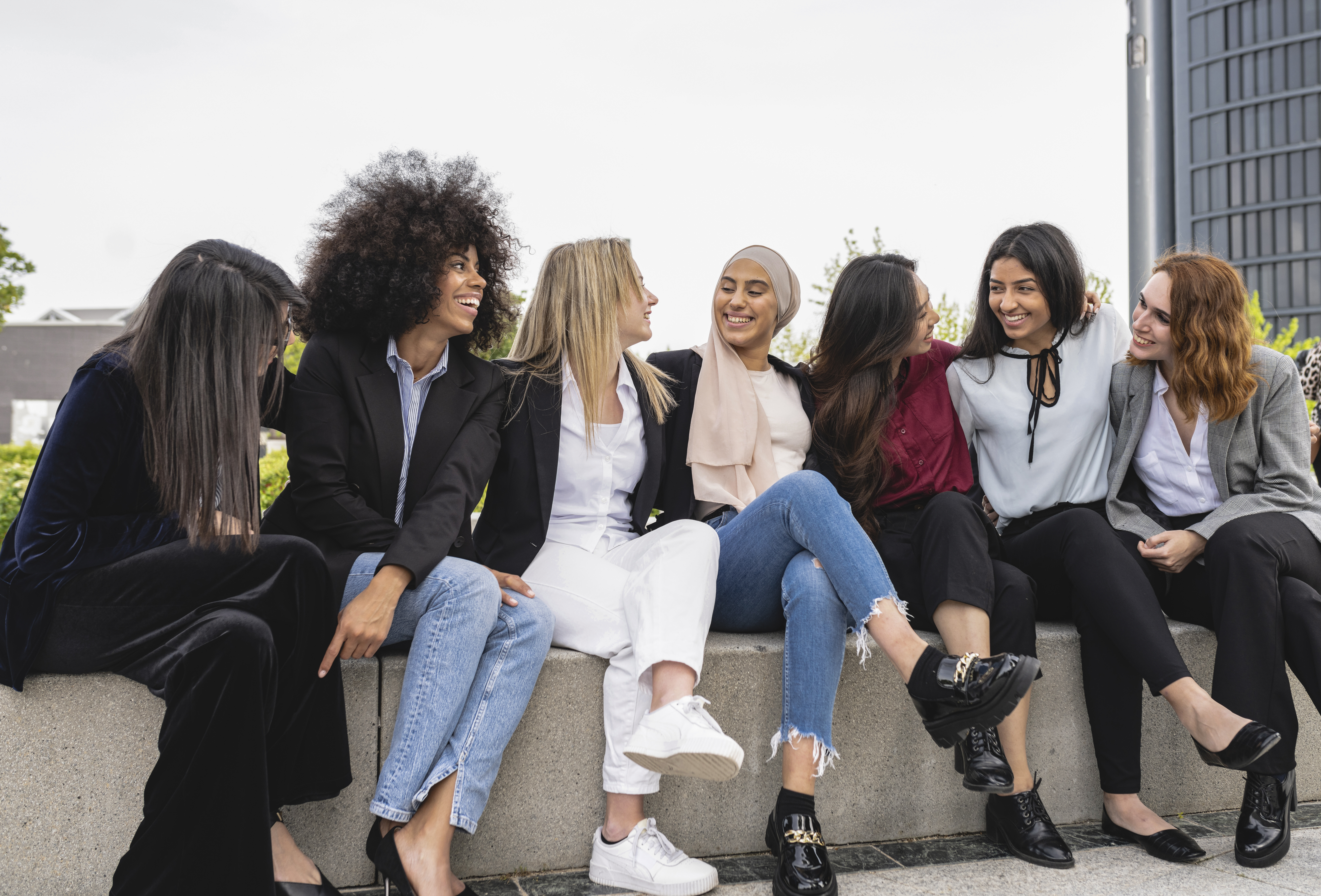
In recognition of International Women’s Day, we’re celebrating some of the most influential and talented female lawyers in British history. We’ve only got space for a handful, and we know there are many more we could list. Let us know who you think should be recognised.
Lady Hale
Lady Brenda Hale is undoubtedly one of the most inspiring women in English, even global, law. A trailblazing figure, she has achieved many firsts:
- the first woman to be appointed to the Law Commission, where she pioneered ground-breaking legislation during her time as Law Commissioner, creating reform with the Children Act 1989, the Family Law Act 1996, and the Mental Capacity Act 2005.
- the first woman appointed as a High Court judge
- the first woman appointed as a Lord Justice of Appeal
- the first woman appointed as a Justice of the Supreme Court of the United Kingdom, where she served for over a decade and became the first female President in 2017.
Throughout her career, it is unsurprising that she has been known as an advocate for gender equality and diversity in the legal profession. She has spoken out on issues such as the under-representation of women and minorities in the judiciary, the need for more flexible working arrangements, and the importance of mentoring the next generation of female lawyers.
Elizabeth Butler-Sloss
Retired judge, Dame Elizabeth Butler-Sloss is another pioneer in English law. She was the first woman to be appointed as a Lord Justice of Appeal in England. She then became the first woman to be appointed as the President of the Family Division of the High Court of Justice, a role she held until she retired in 2005.
Dame Elizabeth Butler-Sloss has chaired a number of government inquiries, including the inquest into the death of Princess Diana and the Independent Inquiry into Child Sexual Abuse.
Like Lady Hale, she has been a vocal advocate for women’s rights and gender equality throughout her career, again highlighting the under-representation of women in the judiciary but also the importance of increasing diversity in the legal profession as a whole.
Baroness Haleh Afshar
Baroness Haleh Afshar was a British life peer in the House of Lords and was a prominent academic and expert on human rights and gender equality. She was Emeritus Professor of Politics and Women’s Studies at the University of York and a visiting professor of Islamic law at the Robert Schuman University in France, and later became a founding member of the Muslim Women’s Network.
A prominent Muslim feminist, she was awarded an OBE in 2005 for services to equal opportunities, and made baroness two years later.
Helena Normanton QC
In her book, ‘Everyday Law for Woman’, Helena Normanton QC stated: “I still do not like to see women getting the worst end of any deal for lack of a little elementary legal knowledge which is the most common form amongst men.”
Helena campaigned for women’s rights and women’s suffrage, campaigning for divorce reform and even becoming the first woman in Britain to have a passport in her maiden name in 1924. She was also the first woman to join an institution of the legal profession, the Middle Temple, after the passing of the Sex Disqualification (Removal) Act 1919, and was the second woman to be called to the Bar of England and Wales after Ivy Williams.
Baroness Helena Kennedy
Baroness Helena Kennedy wrote the book ‘Eve was Framed: Women and British Justice’, critiquing the British legal system and the disadvantages faced by women in the criminal justice system uncovering many of the misconceptions held by jurors and the public surrounding women in law.
She is a Scottish barrister, broadcaster, and member of the House of Lords who has been at the forefront of the fight for human rights and social justice. She has also been a champion for gender equality, receiving the Women’s Network Award for her work on women and justice in 1992, and the UK Woman of Europe Award in 1995.
You can find out more about Baroness Helena Kennedy’s book in our World Book Day blog.
I. Stephanie Boyce
I. Stephanie Boyce made history as the Law Society of England and Wales’ first Black president in 2021, only recently leaving the role in October 2022.
As a passionate advocate for access to justice, social mobility, mental health and public legal education, she spent a lot of time during her presidency talking to young people about her own story and encouraging them to pursue their dreams, and has inspired many young girls to follow in her footsteps. Throughout her time at the Law Society she was able to spread her important message: “where you start in life should not be a determinant of where you end up”.
Lubna Shuja
Following on from I. Stephanie Boyce, Lubna Shuja has become the first Asian, Muslim and seventh female president of the Law Society.
Having qualified as a solicitor in 1992, Lubna set up her own firm, Legal Swan Solicitors, in 2007, where she now specialises in professional discipline and regulation alongside her work as Law Society president. She continues to take action to break down barriers to accessing the legal profession and promotes diversity within the legal industry.
Throughout history, there have been many women who have created significant change for women both inside and outside of the legal profession. From the ground-breaking rulings of Lady Hale to the important work still going on today by I. Stephanie Boyce and Lubna Shuja, these women have significantly influenced and shaped the legal landscape of the UK, and continue to pave the way for future generations of women in law.

